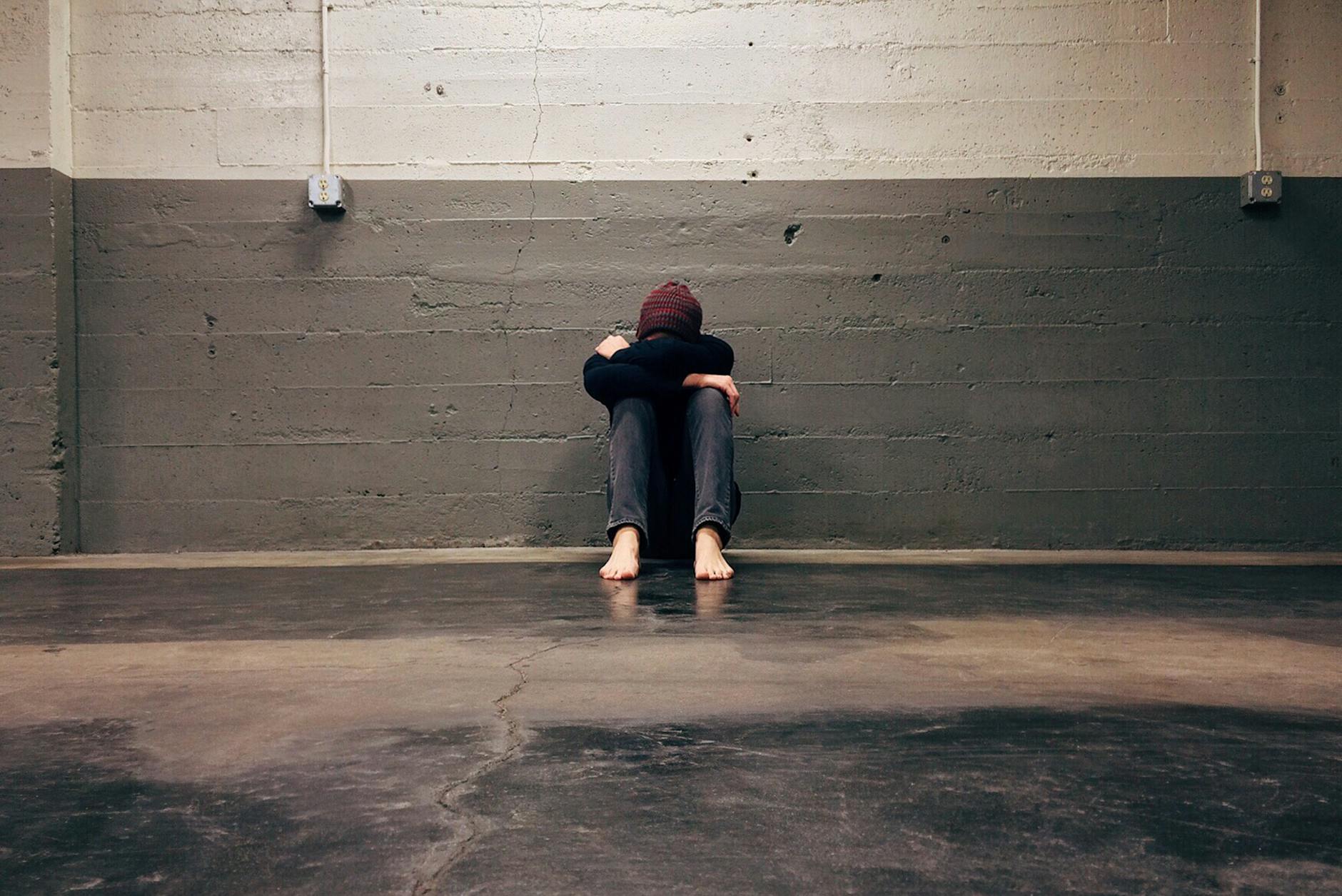
Having encountered numerous cases of kidney stones, I’ve seen firsthand how these hard deposits of minerals and salts can disrupt a person’s life. They form inside the kidneys, often leading to severe pain and discomfort. Understanding this condition is essential to managing and preventing it effectively.
What Causes the Formation of Kidney Stones?
The formation of kidney stones can be attributed to several factors, with dehydration and dietary choices being the most significant. When you don’t drink enough water, the minerals in your urine can crystallize and stick together, forming stones. Additionally, diets high in salt, sugar, and animal protein can increase the risk. It’s fascinating how everyday habits can have such a profound impact on our health, isn’t it?
Recognizing the Symptoms of Kidney Stones
Early recognition of kidney stone symptoms can greatly aid in their management. The most prominent sign is intense pain, often starting in the back or side and radiating to the lower abdomen and groin. This pain can be sharp and sudden, making it difficult to find relief. Other symptoms include nausea, vomiting, and blood in the urine. I often tell my patients that the pain from kidney stones can be as severe as childbirth, which really helps put it into perspective.

Methods for Diagnosing and Testing Kidney Stones
Diagnosing kidney stones involves a combination of imaging tests and urine analysis. Typically, an X-ray, ultrasound, or CT scan is used to visualize the stones and determine their size and location. These diagnostic tools are crucial as they guide us in planning the most appropriate treatment. It’s important to note that the size and location of the stone can significantly influence the treatment approach.
Exploring Different Treatment Options for Kidney Stones
Treating kidney stones can vary based on the stone’s size, type, and the severity of symptoms. For smaller stones, increasing fluid intake and taking pain relievers may be sufficient. However, larger stones might require more intensive treatments. One common method is Extracorporeal Shock Wave Lithotripsy (ESWL), a non-invasive procedure that uses sound waves to break up stones into smaller pieces that can be passed in urine. Another method is Ureteroscopy, where a thin scope is inserted through the urethra to break up or remove the stone. In more severe cases, Percutaneous Nephrolithotomy may be necessary, involving a small incision in the back to remove the stone directly from the kidney.
Effective Strategies for Preventing Kidney Stones
Preventing kidney stones is far easier than treating them. I always advise my patients to drink plenty of water, aiming for at least 2-3 liters a day. It’s amazing how something as simple as staying hydrated can make such a significant difference. Additionally, reducing salt intake and avoiding high-oxalate foods like spinach, nuts, and tea can help. Regular exercise and maintaining a healthy weight are also important preventive measures.
Understanding the Potential Complications and Risks
While kidney stones can often be treated successfully, they can lead to complications if not addressed promptly. Chronic kidney stones can cause recurrent urinary tract infections and damage to the kidneys. Furthermore, untreated stones can block the urinary tract, leading to severe infections and kidney damage. Early detection and management are, therefore, crucial in preventing these complications.

Living with Kidney Stones and Managing Daily Life
Living with kidney stones can be challenging, but with the right lifestyle changes and medical care, it’s manageable. Regular check-ups and staying informed about your condition are key. I often recommend resources from the Abu Dhabi Department of Health, which provide detailed information on lifestyle modifications that can reduce the recurrence of kidney stones. The Ministry of Health and Prevention UAE also offers comprehensive insights into managing and preventing kidney stones, which can be incredibly helpful.
Managing Kidney Stones for a Healthier Life
Kidney stones are a common but manageable condition. By understanding the causes, recognizing the symptoms, and knowing the treatment options, you can take control of your health. It’s always fascinating to see how much our daily habits can impact our well-being. Remember, staying hydrated and making mindful dietary choices are simple yet effective ways to prevent kidney stones. For more detailed information on metabolic diseases, you can visit resources like the Abu Dhabi Department of Health and Ministry of Health and Prevention UAE. These sites provide comprehensive insights into metabolic diseases and their management.
Final Thoughts on Managing and Preventing Kidney Stones
Dealing with kidney stones might seem daunting, but with the right knowledge and preventive measures, it’s entirely manageable. It’s all about being proactive with your health and making small, consistent changes to your lifestyle. Trust me, your kidneys will thank you for it!
